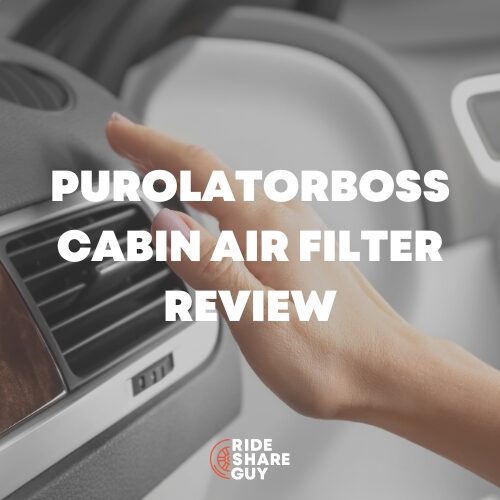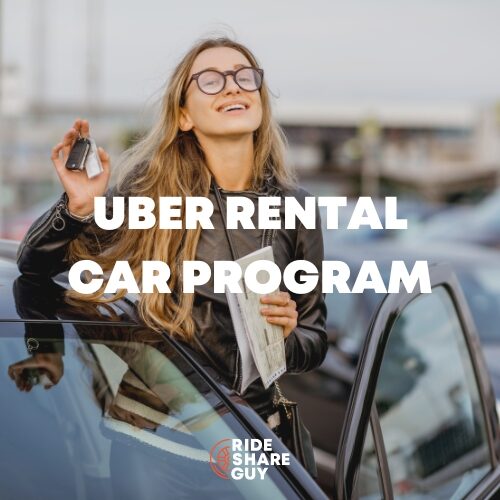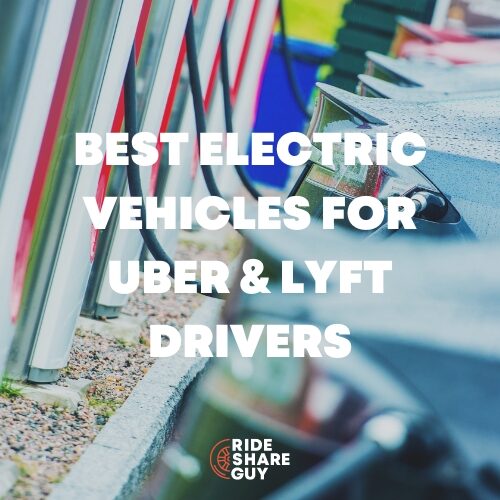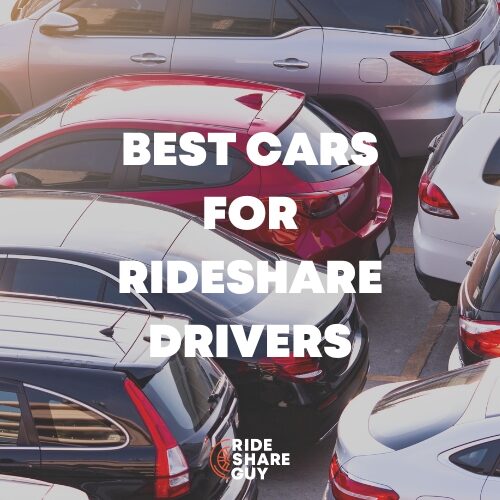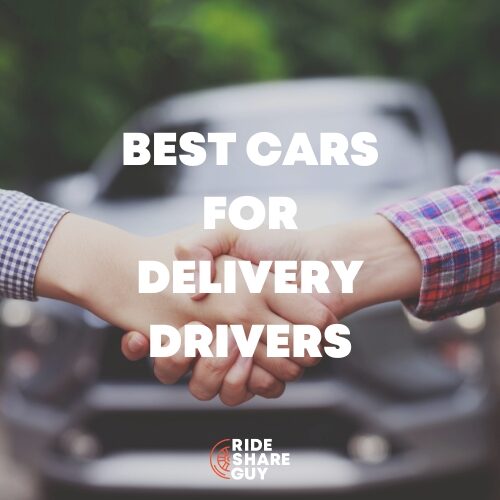Recently, RSG consulting lead Tom Mourmouras attended BMW’s Mobility Lab LA, an event for those in the mobility industry to learn more about the future of tech + mobility. Tom shares his experience and takeaways from the conference below. We’ll be looking to cover more industry news, events and happenings this year so you can opt in here to get on our ‘industry newsletter’.
On a perfect, 75-degree January LA day, BMW was gracious enough to invite The Rideshare Guy to their “Mobility Lab LA” in a downtown loft.
Disclosure: BMW provided bottomless coffee, breakfast, and poke to satiate me.
Once I made it past the smoothie blender powered mechanically by a stationary bike, the workshop got underway.
Present were all sorts of mobility types: I saw CoMotion, EnvoyThere, Shell Greenlots, FlixBus, LADOT, and others. BMW flew in a deep bench from Munich, identifiable by their navy suits and by sehr gut accents.
Overall, BMW’s Mobility Lab LA was a good program with a few big takeaways. I’ll outline them below.
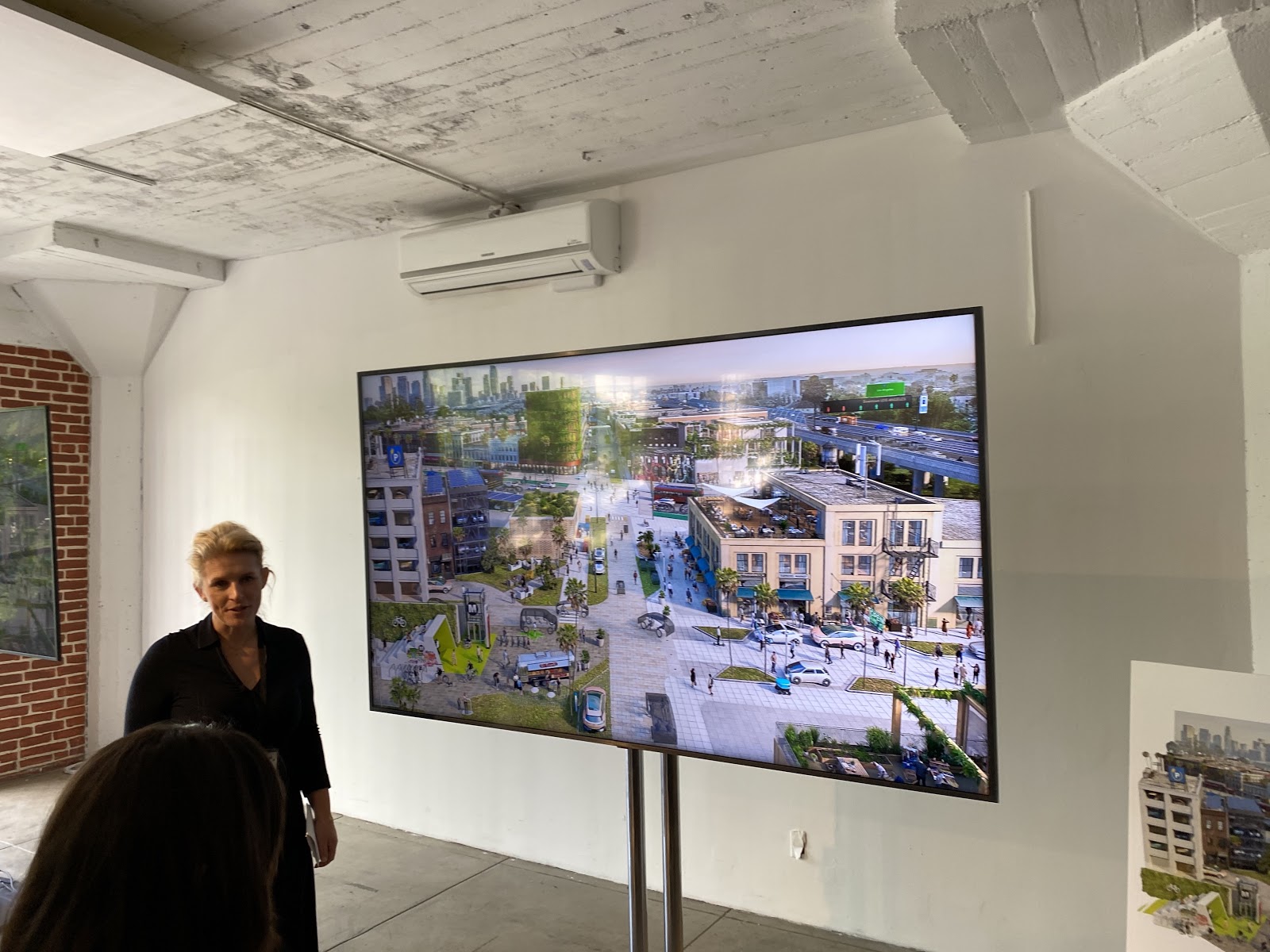
BMW’s Mobility Lab LA Key Takeaways
Original Equipment Manufacturers (OEMs) Are Still learning How to Talk about Mobility
There is a natural tension for a business that makes money moving metal out of dealers while proclaiming that they are a “mobility company.” No, you are still an automaker, moving X5’s and X7’s out of your gigantic South Carolina plant to all corners of the earth. BMW, Ford, GM, Daimler–everyone is guilty of this, though I praise them for trying.
The messaging just remains confusing, for me at least.
Rideshare Has Not Delivered On Its Promises
We’ve talked about this for a while–if you lower the price of something, you will increase consumption. Uber and Lyft lowered the price of being a single passenger in a car, stealing demand from transit while increasing congestion and emissions.
Dr. Thomas Becker, BMW’s VP for Strategy and Sustainability, noted that Uber’s own studies have pointed to this. Becker’s underlings note that we are currently in the “trough of disillusionment” of UberPOOL, “only realizing negative externalities and not yet seeing the positives.”
We’ll see if and when things like electrification, V2X communication, and scale help us get to POOL’s promised land.
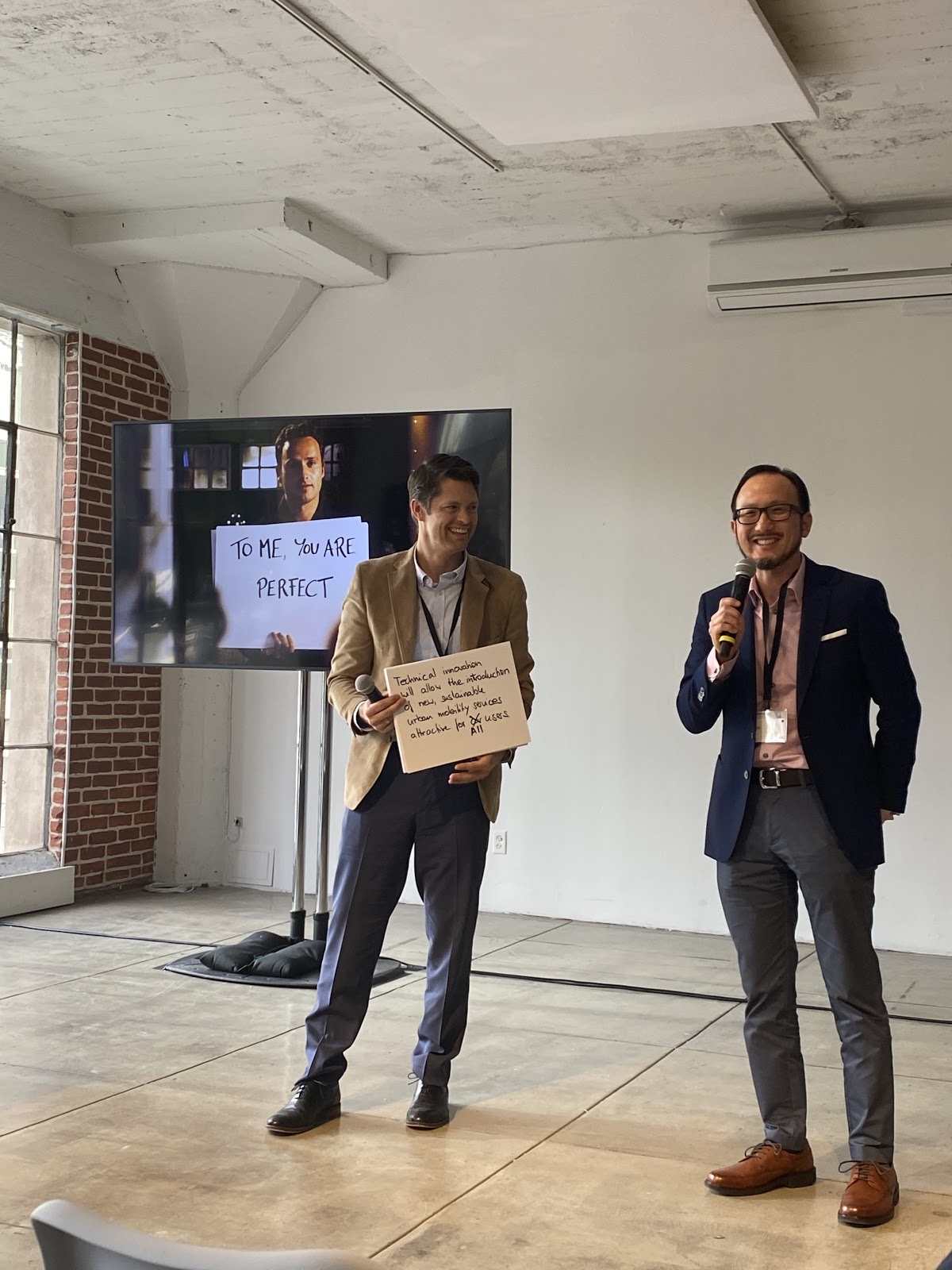
Challenges to Urban Mobility
Densification — as more people move to cities and suburbs, things are going to get more crowded at the street-level. Attendees asked about BMW’s plans for drones / eVTOL, and reps said that BMW is currently an automotive company.
Scarcity of public space — who calls the shots with parking, curb management, freeways, and parks?
Traffic congestion — for many people, their car is a status symbol and the first means of mobility, especially in the developing world. Ridesharing has increased the problem.
CO2 emissions — both from the ICE tailpipes, and from manufacturing
Air pollution — notable that BMW considers “air pollution” and “CO2 emissions” separately. There are differences, but I am not sure the general public is aware of them.
Livability — kind of a catch-all for the above, from where I am sitting…
Equity — Dr. Becker finished strong here, noting that mobility solutions, if not designed carefully, could essentially create a “haves and have-nots” situation, where only the rich are able to move around quickly and efficiently, with the poor stuck literally where they are, and that translating to being stuck on the socio-economic ladder.
There are several good independent mobility conferences around, and OEMs are getting in on the action, too.
In LA alone, Ford and BMW have now brought together programs with essentially identical mission statements and outcomes. This does not bode well for the automakers–if their creative conferences are indistinguishable, and they are blank experiential canvases, how are they supposed to differentiate among themselves when it comes to the hardware, software, and services provided for MaaS, or mobility as a service?
BMW talked a lot about them owning the “experience” of AV-powered mobility, and how when people say they want to buy a car, what they are really buying is an experience. As Scott Galloway would say, that seems like “yoga-babble” to me. And I love mobility, I love cars, and I love[d] BMW…through e46.
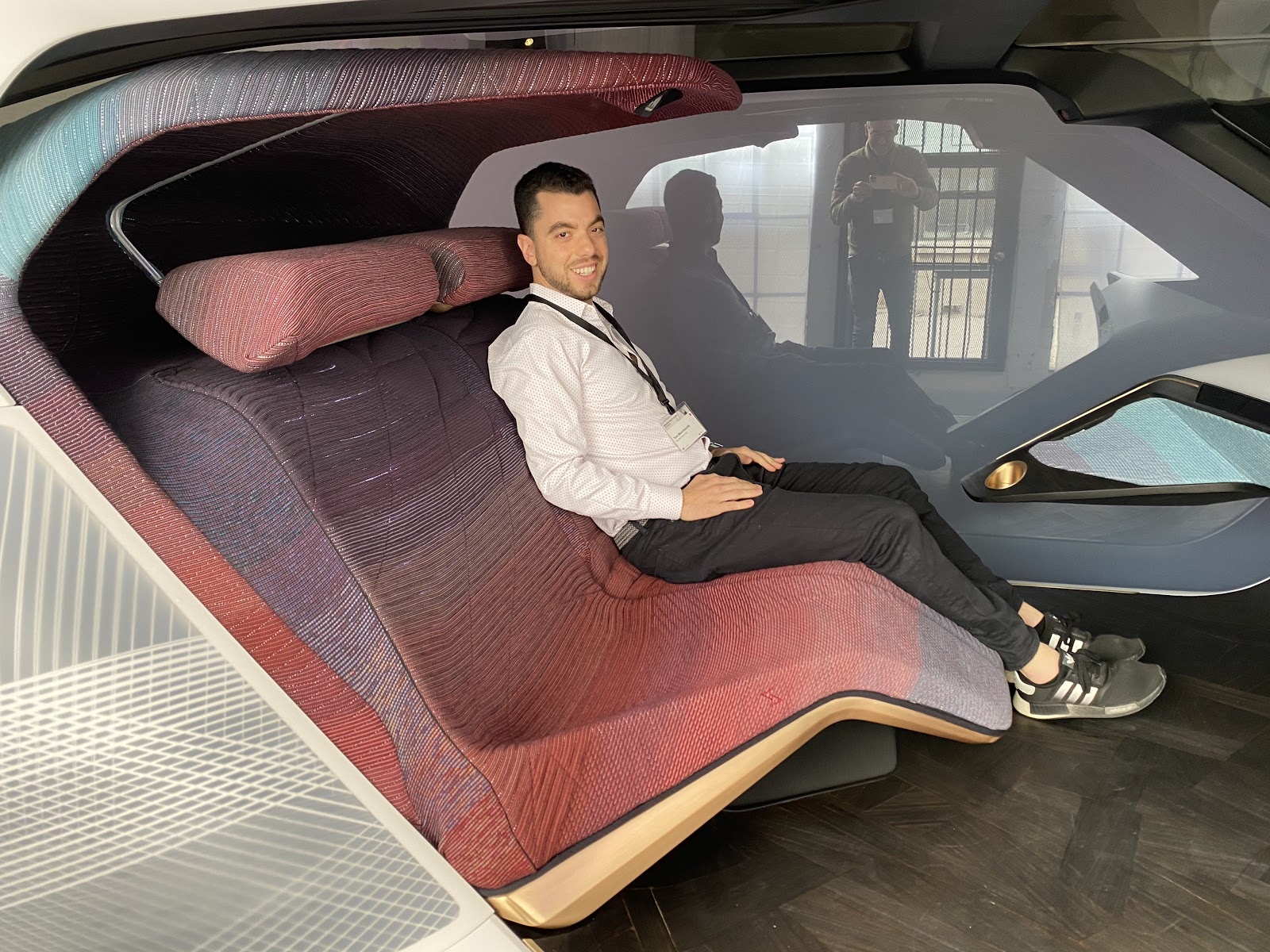
Our Opinion of the BMW Mobility Lab LA Event
OEMs should just accept that users are not going to be able to distinguish among hardware options. Switching services will be as easy as switching apps on your phone.
The analogy to aviation is played-out but good: people do not know or care if they are on an Airbus or a Boeing jet, until two MAX crash. (See: loss-aversion).
Airlines are commodified, minus the mass-affluent who will not be seen on Spirit, and minus the luxurious and hydrocarbon-sponsored Gulf airlines. The folks in Munich and at Designworks in Newbury Park, CA have a herculean task ahead of them.
Tom Mourmouras is a digital ventures consultant and currently works with Harry Campbell on consulting projects for companies from the idea stage and beyond. He has been in the mobility and rideshare space for over seven years and was part of the three-person team at Lyft that introduced ridesharing to LA. In 2017, Mourmouras founded his consulting company, Naxos Mobility.
